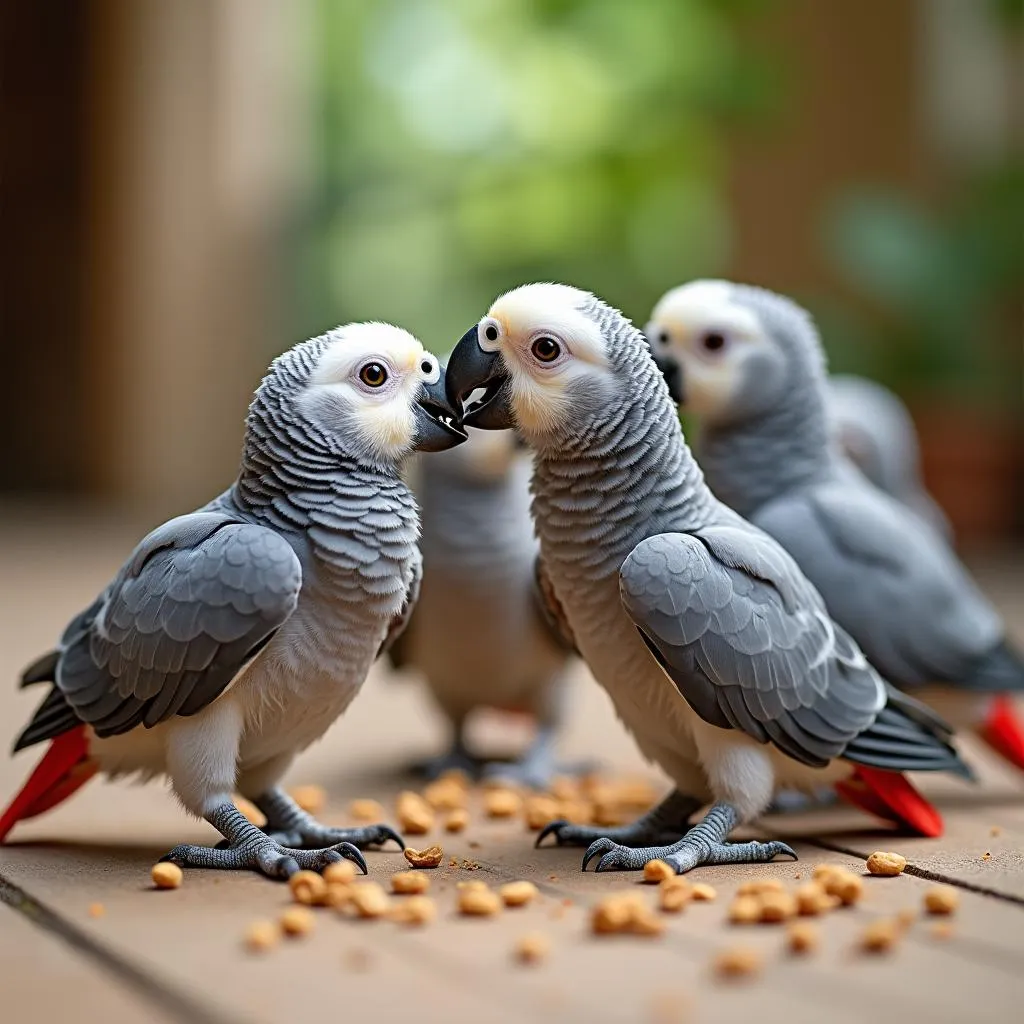The Enduring Legacy of African Contribution to Guyana
Guyana, a vibrant and diverse nation in South America, boasts a rich tapestry woven with threads of African heritage. The impact of African people on Guyana’s cultural, economic, and social landscape is undeniable, shaping the very fabric of its identity. From their arrival as enslaved people during the colonial era to their enduring contributions in the present day, African Guyanese have left an indelible mark on this nation.
The Arrival and Resilience of African People in Guyana
The story of African people in Guyana begins with the tragic era of the transatlantic slave trade. Beginning in the 17th century, thousands of Africans were forcibly brought to the colony of British Guiana (now Guyana) to work on sugar plantations. Facing unimaginable hardship, they endured brutal conditions, systemic oppression, and the loss of their cultural traditions. Yet, despite these challenges, they found ways to maintain their identity and resilience.
“The resilience of the African people in Guyana is a testament to their strength and spirit. Despite facing unspeakable horrors, they never lost hope and continued to contribute to the development of the nation.” – Dr. Amara Singh, Professor of History at the University of Guyana
The Legacy of African Culture in Guyana
While slavery attempted to erase African cultural traditions, they survived, adapting and evolving within the Guyanese context. Music, dance, and storytelling became potent means of preserving identity and resisting oppression. This resilience led to the creation of unique forms of expression, such as the iconic Guyanese “kallaloo” music, characterized by its infectious rhythms and vibrant instrumentation. The African-derived drumming traditions, such as “kumina” and “bongo,” continue to be vibrant expressions of Guyanese cultural heritage.
How African Culture Influenced Guyanese Cuisine
African culinary traditions have also left their mark on Guyanese cuisine. Dishes like “pepperpot,” a rich stew made with meat, spices, and cassava, are deeply rooted in West African culinary practices. The use of spices like scotch bonnet peppers, thyme, and garlic, common in many African cuisines, are now integral to Guyanese cooking.
“The impact of African cuisine in Guyana is undeniable. Dishes like pepperpot and cook-up rice have become national staples, reflecting the unique fusion of African and other cultures in Guyanese society.” – Chef David Williams, renowned Guyanese chef
The Fight for Freedom and the Road to Independence
The abolition of slavery in 1838 marked a turning point in Guyana’s history. While freedom was a significant achievement, it came with new challenges. Emancipation brought economic hardships and social discrimination, leading to continued struggles for equality and opportunity. However, African Guyanese actively participated in the fight for self-governance and independence.
The Role of African Guyanese in the Independence Movement
The struggle for independence, which culminated in 1966, saw the active participation of African Guyanese leaders. Figures like Forbes Burnham, a key figure in the independence movement, championed the cause of self-determination and political equality.
“The contributions of African Guyanese to the fight for independence cannot be overstated. Their unwavering commitment to equality and justice paved the way for a new era in Guyana’s history.” – Dr. Abena Owusu-Bempah, historian specializing in Caribbean history
The Enduring Contribution of African Guyanese Today
In contemporary Guyana, the contributions of African Guyanese continue to be felt across various sectors. They are prominent figures in politics, business, academia, arts, and sports, making significant contributions to the nation’s progress. They are at the forefront of cultural movements that celebrate and preserve their heritage.
The Future of African Culture in Guyana
The future of African culture in Guyana is bright. New generations of artists, musicians, and writers are continuing to explore and reinterpret traditional forms of expression, ensuring their relevance in a globalized world.
“The spirit of African culture in Guyana is alive and thriving. Young people are embracing their heritage with a passion, ensuring that the legacy of their ancestors will continue to inspire future generations.” – Ms. Shaniqua Lewis, Executive Director of the Guyana Cultural Association.
Frequently Asked Questions
1. What are some examples of African music traditions in Guyana?
Guyanese musical traditions with strong African roots include “kallaloo” music, “kumina” drumming, and “bongo” drumming.
2. What are some important African-influenced dishes in Guyana?
Guyanese cuisine includes dishes like “pepperpot,” a rich stew with African origins, and “cook-up rice,” which showcases the influence of African and East Indian cooking.
3. What is the significance of the Emancipation Day celebration in Guyana?
Emancipation Day commemorates the end of slavery in Guyana and celebrates the resilience and contributions of the African diaspora.
4. How is African culture currently being expressed in contemporary Guyana?
African culture in Guyana is expressed through music, dance, art, literature, and other forms of cultural expression.
5. What are some important African Guyanese figures in the arts and culture?
Notable African Guyanese artists include painters like Stanley Greaves and musicians like Dave Martins.
6. How can I learn more about African heritage in Guyana?
You can explore museums, cultural centers, and online resources to learn more about African heritage in Guyana.
7. What are some key contributions of African Guyanese to the nation’s development?
African Guyanese have made significant contributions to politics, business, academia, arts, and sports, shaping the nation’s history and progress.
The enduring legacy of African Contribution To Guyana is a testament to the power of resilience, cultural preservation, and the unwavering spirit of a people who, despite historical hardships, continue to shape the nation’s vibrant identity.

